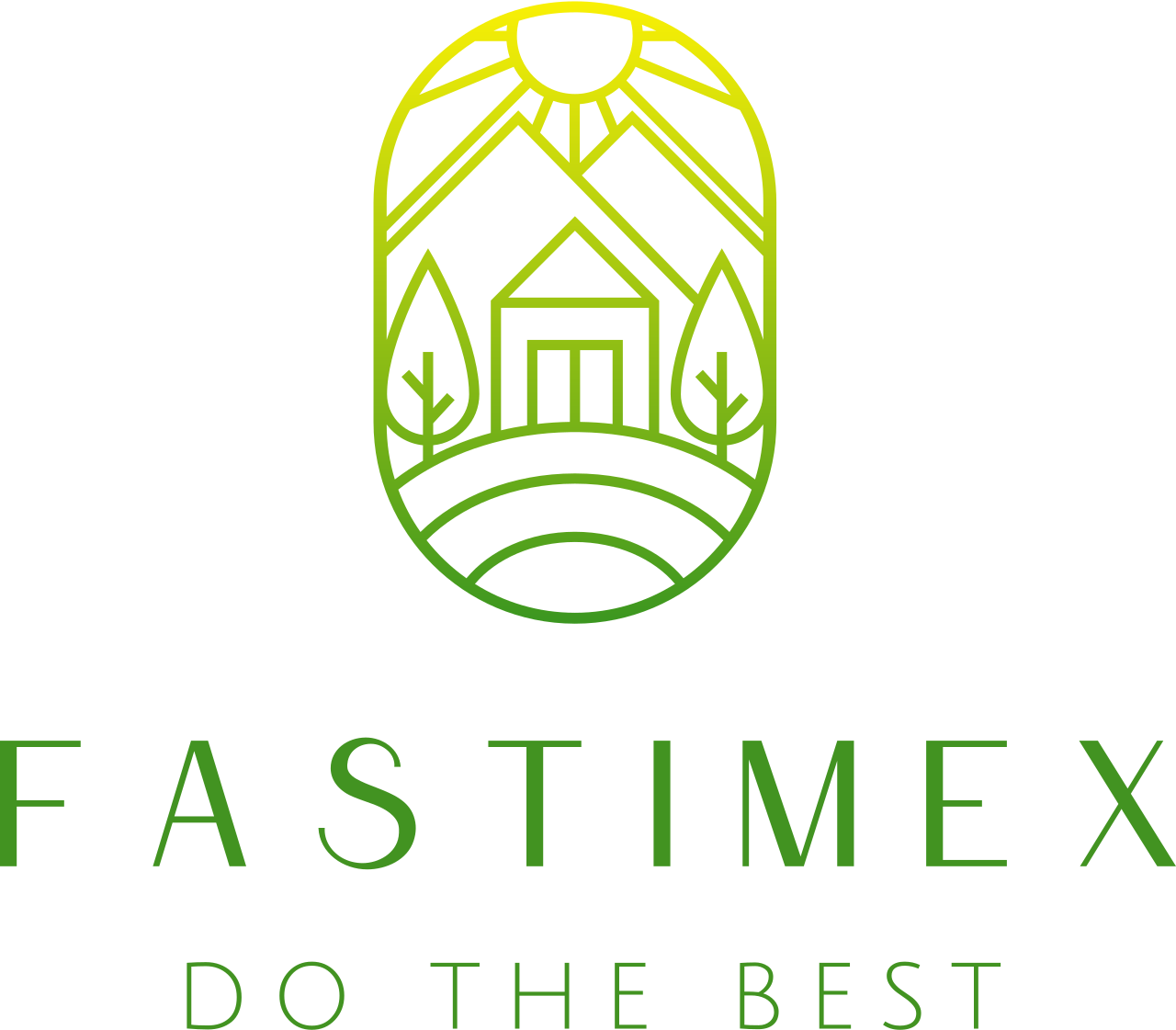How to Sell Wholesale Cashew Nuts to the World
In this comprehensive guide, we will explore how to sell wholesale cashew nuts to the world. The demand for cashew nuts is growing globally, and understanding the intricacies of the market can significantly benefit exporters. By leveraging connections within Vietnam’s thriving cashew industry, such as Fastimex, businesses can navigate the complexities of international trade successfully.
Understanding the Global Cashew Nut Market

The global cashew nut market presents vast opportunities for exporters willing to strategically position themselves within this dynamic landscape. Cashew nuts are a popular snack and ingredient in various cuisines worldwide, making them highly sought after. As an exporter, understanding key factors influencing market trends, consumer preferences, and competitive dynamics is critical.
The Growing Demand for Cashew Nuts

The demand for cashew nuts has experienced steady growth over the past few years, driven by various consumer trends. Health consciousness among consumers has led to an increased preference for plant-based snacks and nutritious food options.
Cashew nuts are rich in essential nutrients, including healthy fats, proteins, vitamins, and minerals, which have contributed to their popularity. Additionally, the versatility of cashew nuts makes them suitable for numerous culinary applications, from salads and desserts to dairy alternatives, further expanding their market reach.
Market Trends and Consumer Preferences

Understanding market trends is essential for positioning your business effectively. Consumers are increasingly seeking organic, sustainably sourced products, leading to a rise in demand for ethically produced cashew nuts. Companies that emphasize transparency in sourcing and production processes can create a competitive advantage.
Moreover, the popularity of veganism and plant-based diets has spurred interest in cashew-derived products. This trend opens additional doors for exporting value-added products like cashew cheese, nut butters, and milk alternatives.
Regional Insights into Cashew Consumption
While the consumption of cashew nuts is widespread, different regions exhibit unique preferences and consumption patterns. For instance, North America and Europe have seen a surge in demand for premium-quality cashew nuts due to rising health awareness.
Conversely, Asian markets, particularly India and Southeast Asia, enjoy cashew nuts in traditional dishes and snacks. Understanding these regional preferences can inform decisions regarding product development, marketing strategies, and supply chain management.
Identifying Key Export Destinations for Cashew Nuts
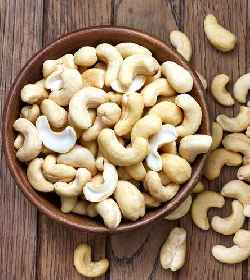
Identifying key export destinations is crucial in strategizing routes to market your wholesale cashew nuts effectively. Each region has its own unique characteristics, and recognizing these can help you tailor your sales approach to meet specific demands.
Analyzing Import Markets
When targeting export destinations, it is essential to analyze the import behavior of different markets. Countries like the United States, Germany, and the Netherlands are significant importers of cashew nuts.
By studying these markets, you can identify trends in consumption, pricing dynamics, and regulatory requirements that may affect your export strategy. A deep dive into market reports and trade statistics can provide valuable insights into potential customers' purchasing power and preferences.
Emerging Markets for Cashew Nuts
Emerging markets present exciting opportunities for cashew nut exporters. Countries within Africa and parts of Asia are experiencing growing middle-class populations with increased disposable incomes, driving up the demand for premium snack foods.
Additionally, as global trade barriers lessen, more countries are opening up their markets to imported goods, creating an opportunity for exporters to position their products competitively.
Collaborating with Trade Organizations
Trade organizations can play a vital role in helping exporters identify potential markets. They often provide resources to understand market entry regulations, connect with local buyers, and provide insights on market conditions.
Leveraging these networks can help you gain valuable information while minimizing risks associated with entering new markets. Organizations relating to agricultural exports, such as Fastimex in Vietnam, can be instrumental in facilitating these connections.
Building a Strong Cashew Nut Supply Chain for Wholesale

A robust supply chain is fundamental for successful wholesale trading. From sourcing raw materials to delivering the final product, each step in the supply chain must be optimized for efficiency and quality.
Sourcing Quality Cashew Nuts
Building a strong supply chain begins with sourcing high-quality cashew nuts. In Vietnam, the leading producer of cashew nuts globally, farmers cultivate various grades and kernels that cater to distinct market segments.
Establishing relationships with local farmers or cooperatives can ensure a consistent supply of quality nuts. It is vital to conduct regular quality assessments to maintain standards and avoid fluctuations that could affect customer satisfaction.
Processing and Packaging Considerations
Once the cashew nuts are sourced, processing and packaging become crucial aspects of the supply chain. Proper processing techniques enhance the flavor and shelf life of cashew nuts, making them ready for export.
Additionally, investing in attractive and functional packaging can help differentiate your products in a competitive marketplace. Sustainable packaging solutions that align with consumer preferences for eco-friendly products can further elevate your brand.
Distribution Channels for Wholesale Cashew Nuts
Selecting the right distribution channels is vital for reaching your target customers. Whether through direct sales, partnerships with distributors, or online platforms, each channel offers unique advantages.
Online marketplaces have gained traction, enabling exporters to reach a broader audience without establishing a physical presence in every market. However, understanding the logistics involved in shipping and delivery remains essential for maintaining customer service levels.
Meeting International Quality Standards for Cashew Nut Export
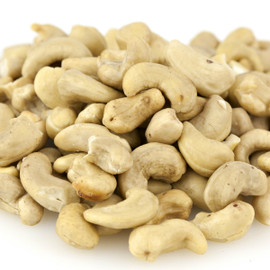
Quality assurance plays a pivotal role in the success of your cashew nut export business. Compliance with international quality standards not only ensures product safety but also builds trust with your global clientele.
International Quality Certifications
Various certifications signify compliance with international quality standards, such as ISO, HACCP, and FDA approval. Obtaining these certifications can enhance your credibility and marketability.
Different markets may have varying requirements for quality certifications. Thoroughly researching which certifications are necessary for your target markets can streamline the compliance process and prevent costly delays.
Implementing Quality Control Measures
Establishing rigorous quality control measures throughout the production and supply chain can prevent defects and ensure consistency in product quality. Regular inspections and quality audits can identify areas for improvement and mitigate risks associated with product recalls.
It's also essential to train staff in best practices for handling and processing cashew nuts to minimize contamination risks and ensure adherence to quality standards.
Transparency in Quality Assurance Practices
Maintaining transparency in your quality assurance processes can foster trust between you and your buyers. Providing detailed information about sourcing practices, processing methods, and quality certifications can reassure customers regarding the integrity of your products.
Furthermore, utilizing technology to track and trace product origins can enhance accountability, allowing you to respond promptly to any quality-related inquiries.
Navigating Export Regulations and Documentation for Cashew Nuts
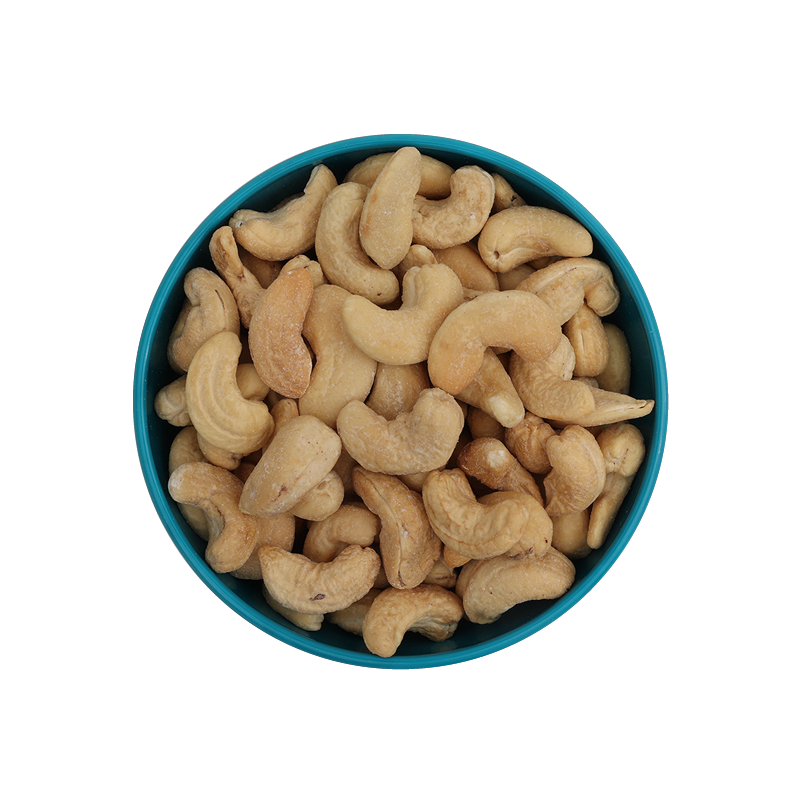
Navigating the maze of export regulations and documentation is often one of the most challenging aspects of selling wholesale cashew nuts. Understanding the legal requirements ensures smooth transactions while mitigating risks.
Understanding Export Regulations
Each country has its own set of export regulations that must be adhered to when sending cashew nuts across borders. Familiarizing yourself with these laws can help avoid fines or shipment delays.
Regulations may cover a range of topics, including food safety, labeling, and phytosanitary requirements. Staying abreast of changes in regulation is crucial to maintaining compliance and safeguarding your business interests.
Document Requirements for Exporting Cashew Nuts
Accurate documentation is critical for smooth customs clearance. Essential documents may include:
- Commercial invoices
- Certificates of origin
- Phytosanitary certificates
- Packing lists
Ensuring that all required documentation is complete and accurate can prevent costly delays at ports and maintain strong relationships with international buyers.
Working with Customs Brokers
Enlisting the services of a customs broker can simplify the export process. These professionals are knowledgeable about trade regulations and can ensure that all documentation and procedures are handled efficiently.
Partnering with a reliable customs broker can save time and resources, allowing you to focus on growing your cashew nut export business.
Developing Effective Marketing and Sales Strategies for Wholesale Cashew Nuts

To maximize success in selling wholesale cashew nuts, developing effective marketing and sales strategies becomes imperative. By combining traditional marketing approaches with digital tactics, exporters can reach a wider audience.
Defining Your Target Market
A clear understanding of your target market is essential when crafting marketing strategies. Are you focusing on health-conscious consumers, gourmet chefs, or bulk buyers for retail stores? Identifying your ideal customers enables you to tailor your messaging and product offerings accordingly.
Conducting market research can provide insights into customer needs, preferences, and pain points, allowing you to position your product effectively.
Crafting Compelling Branding and Messaging
Creating a compelling brand story and messaging can resonate with consumers and set your products apart. Highlighting the origins of your cashew nuts, ethical sourcing practices, and nutritional benefits can appeal to discerning buyers.
A strong visual identity, including logo design and packaging aesthetics, can reinforce brand recognition and help your product stand out on crowded shelves.
Utilizing Digital Marketing Strategies
Digital marketing opens up numerous avenues for reaching potential buyers. A well-designed website, such as www.fastimex.vn, can serve as a central hub for showcasing your products and providing vital information to customers.
Social media platforms, email marketing campaigns, and online advertising can drive traffic to your website and generate leads. Engaging content, such as recipe ideas or educational articles about cashew nuts, can also establish your authority in the market.
Establishing Partnerships with International Buyers and Distributors

Forming partnerships with international buyers and distributors is key to successfully penetrating foreign markets. These collaborations can help expand your reach while creating mutually beneficial relationships.
Networking at Trade Shows and Exhibitions
Participating in international trade shows and exhibitions is an excellent way to meet potential buyers face-to-face. These events facilitate introductions, allowing you to showcase your products and gather valuable feedback directly from the market.
Utilizing these opportunities strategically can lead to fruitful partnerships while presenting an avenue for increased visibility within the industry.
Leveraging Online B2B Platforms
Online B2B platforms have revolutionized how businesses connect with buyers and distributors. Websites like Alibaba and TradeKey allow exporters to list their products and reach a global audience with relative ease.
Creating an appealing profile on these platforms, complete with engaging images and thorough product descriptions, can attract interest from international buyers actively searching for suppliers.
Building Long-Term Relationships
Once you've established initial connections with buyers, it's vital to nurture those relationships over time. Regular communication, prompt responses to inquiries, and addressing concerns can foster loyalty and encourage repeat business.
Consider offering incentives, discounts, or exclusive deals to loyal customers to strengthen your partnership further.
Pricing and Negotiating Deals for Wholesale Cashew Nut Exports

Pricing and negotiation play a crucial role in securing profitable deals for wholesale cashew nuts. Understanding cost structures and market pricing can significantly impact your bottom line.
Determining Pricing Strategies
Establishing a pricing strategy requires a comprehensive analysis of production costs, competitor pricing, and market demand. Determine your cost per unit, including sourcing, processing, and shipping expenses, to ensure you're setting prices that cover costs while remaining competitive.
Consider exploring different pricing models, such as tiered pricing for bulk orders or promotional pricing during peak seasons, to incentivize larger purchases.
Negotiation Techniques for Successful Deals
Negotiating deals effectively can result in favorable pricing and terms for both parties. Prepare thoroughly before negotiations by understanding your goals, the buyer's needs, and potential areas for compromise.
Employ active listening during discussions, as it helps build rapport and demonstrates your willingness to understand the buyer's perspective. Flexibility in negotiations can lead to win-win outcomes that foster positive long-term relationships.
Monitoring Market Prices and Trends
Regularly monitoring market prices can equip you with valuable insights when negotiating deals. By keeping tabs on competitors and observing shifts in demand, you'll be better positioned to make informed decisions regarding pricing adjustments.
Consider implementing a pricing review schedule to ensure your prices remain relevant in a changing marketplace.
Logistics and Shipping for Exporting Cashew Nuts Globally
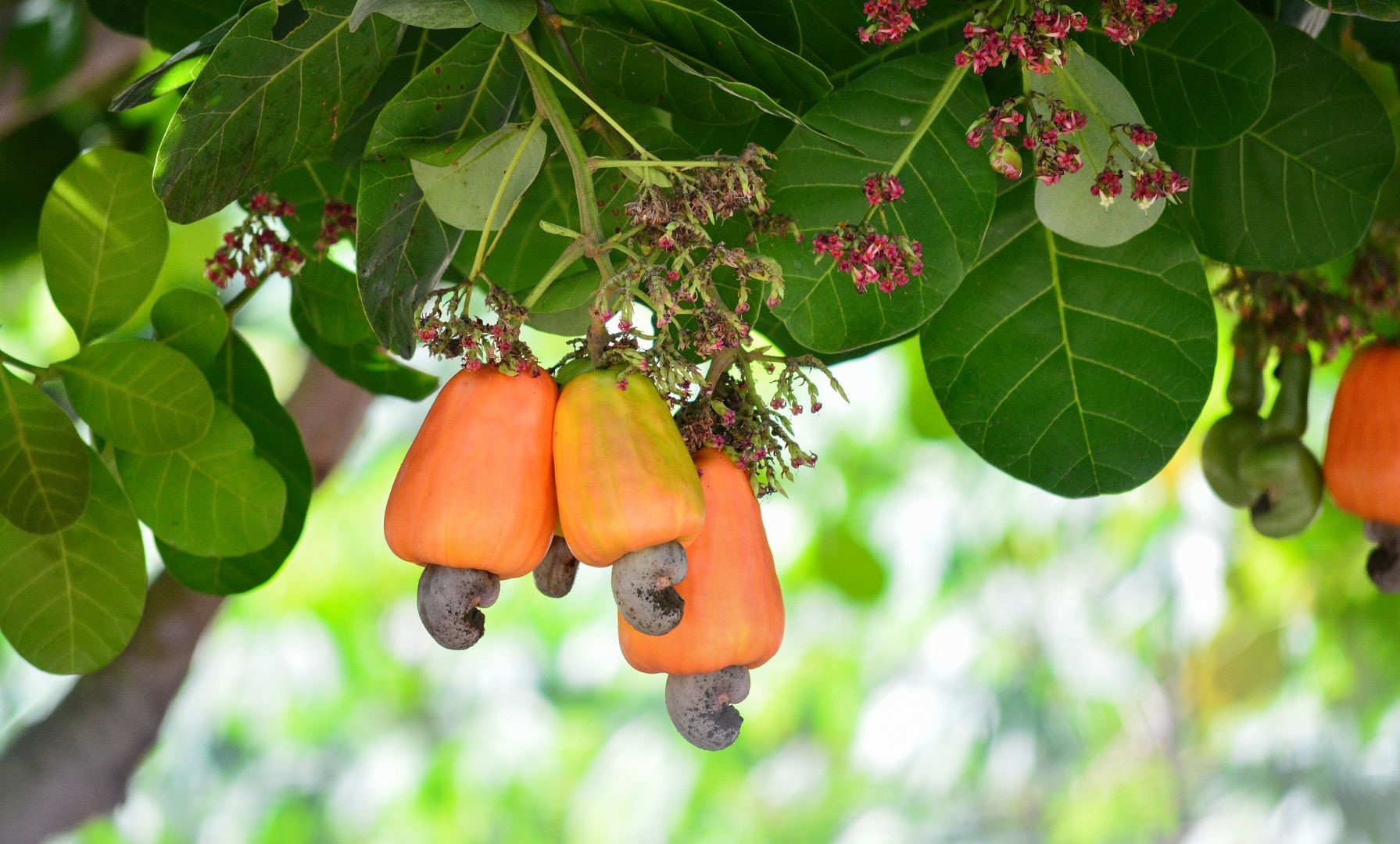
Logistics and shipping are integral components of the export process, ensuring that your cashew nuts reach international buyers safely and efficiently. Navigating the complexities of logistics requires careful planning and execution.
Selecting Reliable Shipping Partners
Choosing the right shipping partners is vital for timely deliveries and reducing transportation costs. Research reputable freight forwarders with experience in handling agricultural exports to ensure they understand the nuances of your products.
Consider factors such as shipping rates, transit times, and reliability when evaluating potential partners. Establishing strong communication with your logistics providers can address any issues that may arise during the shipping process.
Understanding Shipping Regulations
Familiarizing yourself with shipping regulations in your target markets can prevent complications during transit. Different countries have specific import requirements for agricultural products, including permits, inspections, and phytosanitary measures.
Staying informed about these regulations can mitigate the risk of shipment delays or rejections at customs, preserving your reputation as a reliable supplier.
Efficient Inventory Management
Efficient inventory management is essential to minimize waste and ensure you can meet demand. Implementing technologies such as inventory tracking software can provide real-time visibility into stock levels, allowing for timely reorders and preventing shortages.
Strong inventory management practices not only enhance operational efficiency but can also optimize cash flow and boost profitability.
Ensuring Sustainability and Ethical Practices in Cashew Nut Export

As consumers increasingly prioritize sustainability and ethical sourcing, incorporating responsible practices into your cashew nut export business is essential. Demonstrating commitment to sustainability can differentiate your brand and attract conscious consumers.
Sourcing from Ethical Producers
One of the most critical aspects of sustainable cashew nut exports is sourcing from ethical producers. Working closely with farmers or cooperatives committed to fair labor practices ensures that the growers receive fair compensation while supporting their communities.
Establishing transparent supply chains that empower farmers through training programs and financial support can enhance overall sustainability.
Adopting Environmentally Friendly Practices
Implementing environmentally friendly practices in cultivation, processing, and packaging can significantly reduce your ecological footprint. Utilizing organic farming methods, minimizing pesticide use, and opting for biodegradable packaging options are steps toward environmentally responsible operations.
Promoting these initiatives can resonate with consumers who seek eco-conscious products, enhancing your marketability.
Engaging in Community Development Initiatives
Investing in community development initiatives reinforces your commitment to ethical practices. Supporting education, healthcare, or infrastructure projects within the communities where you source your cashew nuts contributes to overall social responsibility.
Showcasing your involvement in community initiatives can create a positive brand image while fostering goodwill among consumers.
Conclusion
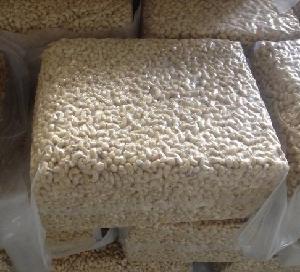
Selling wholesale cashew nuts globally is a multifaceted endeavor that requires a strategic approach encompassing market understanding, supply chain management, quality assurance, and effective marketing. By following the outlined steps and leveraging resources available through organizations like Fastimex, you can navigate the complexities of the international cashew nut market with confidence.
Ultimately, staying attuned to consumer preferences, adhering to quality standards, and embracing ethical practices can position your business for long-term success in the flourishing cashew industry. Embrace the journey, adapt to changing circumstances, and your wholesale cashew nut venture could thrive in the vibrant global marketplace.Ultimately, staying attuned to consumer preferences, adhering to quality standards, and embracing ethical practices can position your business for long-term success in the flourishing cashew industry. Embracing emerging trends, understanding market dynamics, and leveraging technology will ensure that you remain resilient in a highly competitive landscape.
Navigating the international cashew nut market doesn't just end with establishing sales channels; continuous improvement and innovation are vital.
Innovating Your Product Offerings
As the demand for cashew nuts evolves, so should your product offerings. Consider diversifying your range by introducing value-added products such as cashew butter, cashew-based snacks, or even organic options. These innovations can attract different segments of buyers looking for unique products that stand out in a saturated market.
Research and develop new flavors or blends that cater to niche markets, catering to health-conscious consumers or those seeking gourmet experiences. A creative and proactive approach to product development can lead to increased customer loyalty and an expanded market share.
Leveraging Technology for Efficiency
Incorporating technology into your operations can streamline processes and bolster efficiency. From supply chain management software that provides real-time updates on inventory to digital marketing campaigns targeting specific demographics through social media platforms, technology can enhance various aspects of your business.
Furthermore, utilizing data analytics allows businesses to gain insights into buying behavior and market trends. By analyzing this data, you can make informed decisions that drive profitability and respond swiftly to changes in consumer preferences.
Adapting to Global Trends and Challenges
The global cashew nut market is influenced by several factors including economic fluctuations, climate change, and evolving consumer preferences. To stay competitive, it’s essential to remain adaptable to these changes while also being proactive in finding solutions.
This may involve investing in sustainable sourcing methods to combat climate challenges or engaging in research on health trends that elevate cashew nuts' nutritional benefits. Staying informed and adjusting your strategies accordingly can prepare your business to face uncertainties head-on.
Expanding Your Network
A strong network is invaluable when exporting wholesale cashew nuts. Attend trade shows and exhibitions to meet potential clients, distributors, and partners. Networking opens doors to collaborations that can enhance your brand presence and market access.
Moreover, engaging with local agricultural organizations or export promotion agencies can provide valuable insights and resources to aid your growth. Building a robust network not only helps to elevate your business profile but also creates opportunities for shared knowledge and best practices within the industry.
Prioritizing Strong Customer Service
Lastly, excellent customer service can set your brand apart in the warranty landscape. Providing personalized services like tailored orders, responsive communication, and after-sales support can help forge lasting relationships with buyers.
Regular feedback loops can improve product offerings, as understanding customer sentiments enables you to fine-tune your processes. A customer-centric approach fosters satisfaction and loyalty, leading to repeat business and positive word-of-mouth endorsements.
Conclusion
In summary, successfully selling wholesale cashew nuts on a global scale involves a blend of strategic planning, innovative practices, and commitment to sustainability. Understanding the nuances of the market, continuously adapting to changing landscapes, and fostering customer relations are crucial to achieving long-term business success.
By embracing growth opportunities, leveraging technology, nurturing partnerships, and prioritizing ethical practices, one can pave the way toward accessing broader markets and establishing a reputable brand. The journey is undoubtedly challenging but also rewarding—continuously refine your approach, and you’ll find success amidst the vibrant global marketplace.
